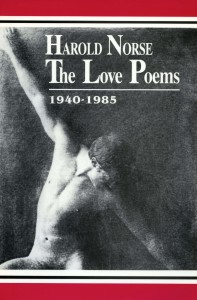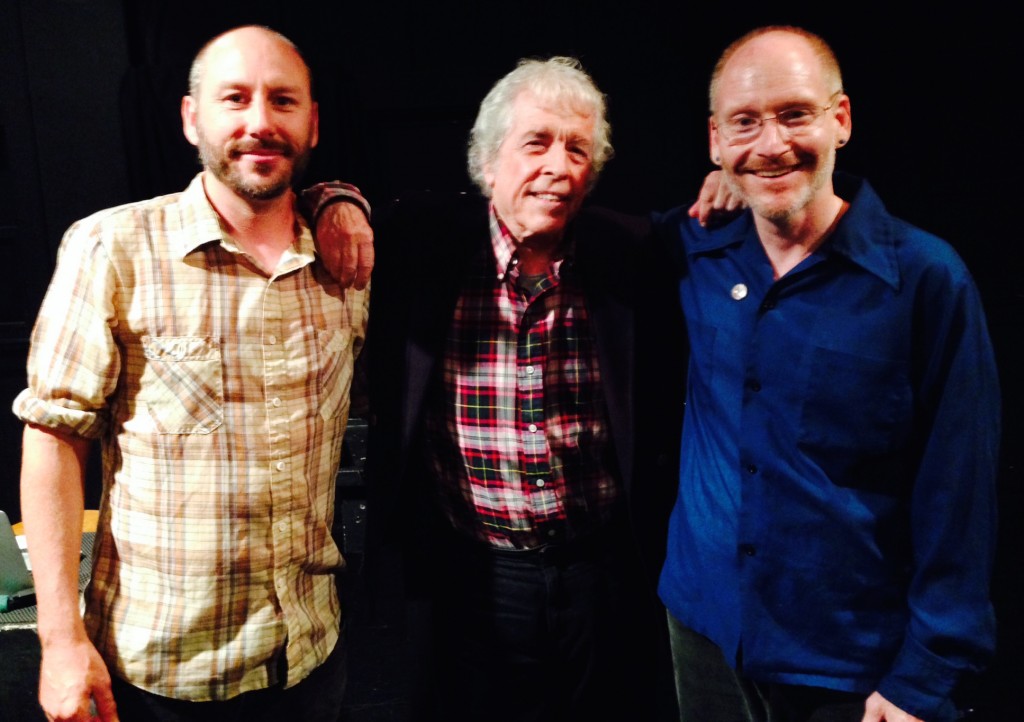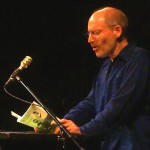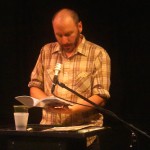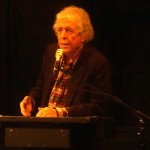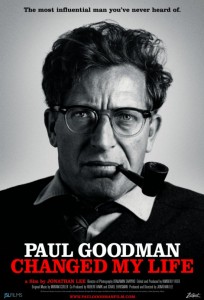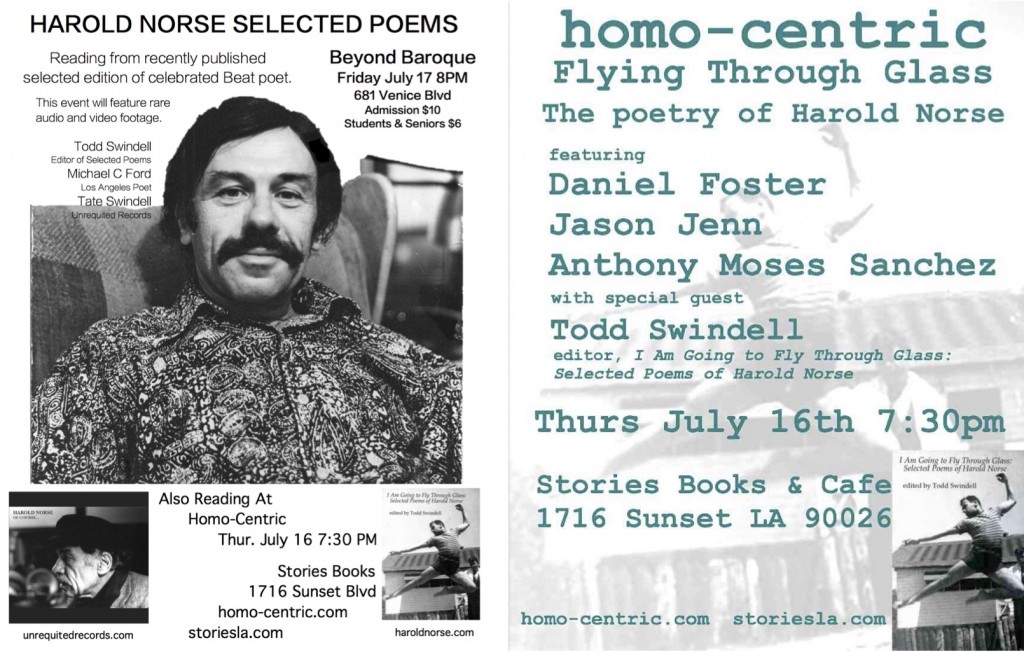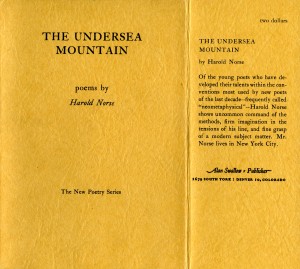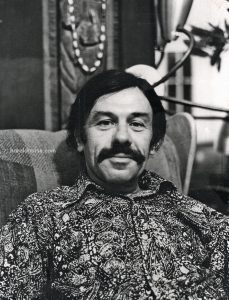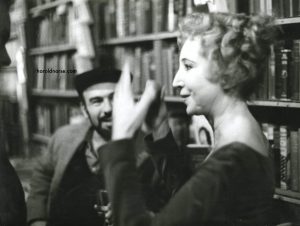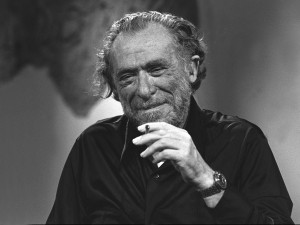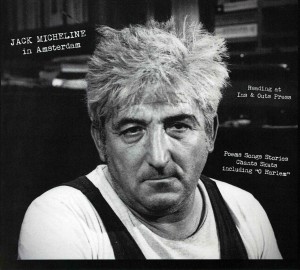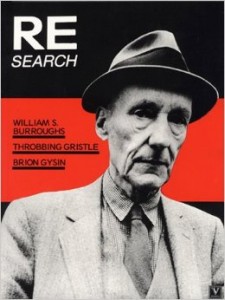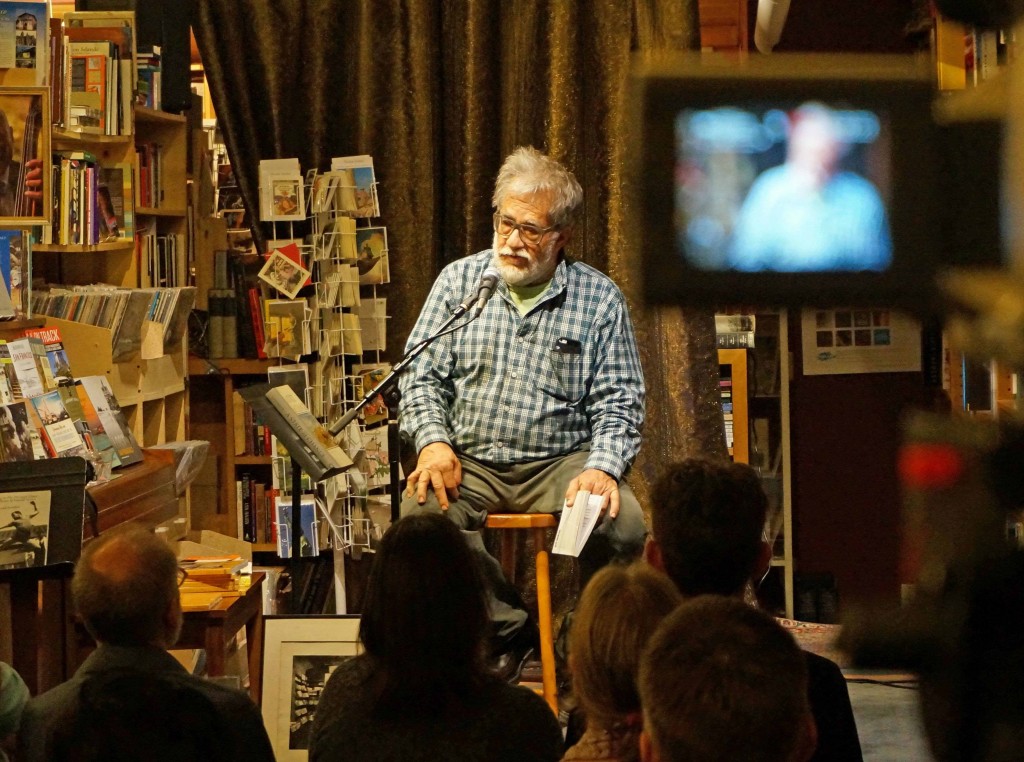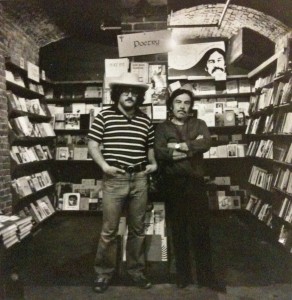This summer’s centennial celebrations for Harold Norse kick into full swing following two incredible events last week in San Francisco. Next up is a return to the Los Angeles neighborhood of Venice Beach where Harold lived for a couple of years following his return to America after fifteen years abroad. In a previous post, I looked at some of his connections from that time including Anais Nin and Charles Bukowski.
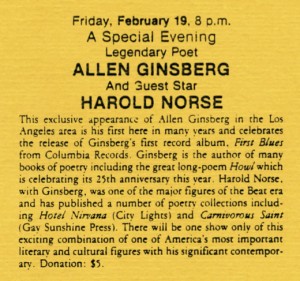 Once again the host of this event Beyond Baroque which is now approaching its fifth decade as Los Angeles’ premier literary arts center. Over thirty years ago Harold was featured as a “guest star” at a poetry reading by Allen Ginsberg. Last summer Beyond Baroque was the host of a reading for my release of the selected poem of Harold Norse. This time around the featured participants are Southern California based writers Thomas Livingston, S.A. Griffin and Michael C Ford.
Once again the host of this event Beyond Baroque which is now approaching its fifth decade as Los Angeles’ premier literary arts center. Over thirty years ago Harold was featured as a “guest star” at a poetry reading by Allen Ginsberg. Last summer Beyond Baroque was the host of a reading for my release of the selected poem of Harold Norse. This time around the featured participants are Southern California based writers Thomas Livingston, S.A. Griffin and Michael C Ford.
The event will be held on Saturday, July 23 from 4-6 P.M. at 681 N. Venice Blvd. in Venice Beach. Please note there is an admission charge of $10 for the general public and $6 for students and seniors. Members of Beyond Baroque are free.
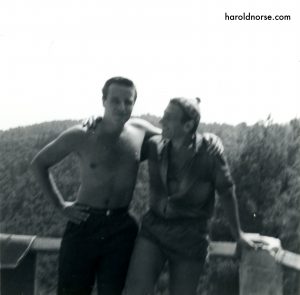
Thomas Livingston has published two novels: Paper Walls and The Tower Is Down and short stories in mass circulation magazines including Playboy, literary magazines such as Nothing Doing in London, The Ledge, Bastard Angel, and Main Street Rag, and academic anthologies such as Aleination: A Casebook.
His poetry has appeared in Two Cities, The Ledge and the new renaissance. He taught at Rutgers University and San Jose State University and recently finished his new novel The Years of Light and Gangrene.
Thomas first met Harold in Paris in the summer of 1961 when Norse was living at the Beat Hotel. Their friendship grew in the coming years with Harold offering Thomas a summer job working with The Living Theater on two theatrical productions including The Connection. As this upcoming event he will share stories about The Living Theater, meeting William Burroughs at the Beat Hotel and his decades long friendship with Harold.
Thomas was among the contributors to The End is the Beginning– my 2010 memorial collection of poetry for Harold. His loving remembrance concludes with this paragraph,
Harold introduced my to Burroughs and Gysin, McClure and Ginsberg and, of course, Bukowski before they had their falling out. He enriched my life through our friendship, which was very often spiked with wine and laughter. I’m sure when he saw the praiseworthy obituaries in the New York Times, and the Los Angeles Times, he had the last laugh and said, “Well, it’s about time I got the recognition I deserve.”
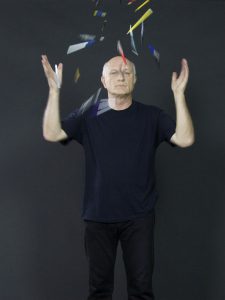
S.A. Griffin lives, loves and works in Los Angeles. He is the progenitor of Elsie The Poetry Bomb which he took on a five week tour of the United States in 2010 in an effort to foster civil disagreements.
The co-editor of The Outlaw Bible of American Poetry which featured several poems by Harold Norse, S.A. recently edited The Official Language of Yes by Scott Wannberg for Perceval Press and Natural Geographics by M. Lane Bruner, published on his own Rose of Sharon imprint. His latest collection of verse, Dreams Gone Mad With Hope, was released in 2014 by Punk Hostage Press.
Returning again this year is poet Michael C Ford whose participation in last summer’s poetry reading for the selected edition of Harold’s poetry remains a memorable highlight. Here’s a video of Michael’s knock out reading of Harold’s 1973 poem “Remembering Paul Goodman”.
Publishing steadily, since 1970, Michael C Ford is credited with 28 volumes of print documents and numerous spoken word recordings. He received a Grammy nomination in 1986 and earned a Pulitzer nomination in 1998.
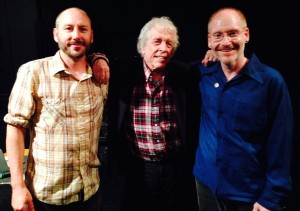
His most recent volumes of work are the pamphlet edition of music related poetry entitled Atonal Riff-Tunes to a Tone-Deaf Borderguard (2012) and a 2013 volume entitled Crosswalk Casserole: both of which are published by Lawn Gnome Books in Phoenix, AZ.
Michael was a student of Kenneth Patchen & Kenneth Rexroth both of whom influenced the San Francisco Poetry Renaissance of the 1950s. He’s also performed with Michael McClure and the surviving members of The Doors including a numerous performances with Ray Manzarek.
Make sure you arrive on time to catch Jason Jenn’s performance of Harold’s poetry which has been among the highlights of these Harold Norse Centennial Celebrations.

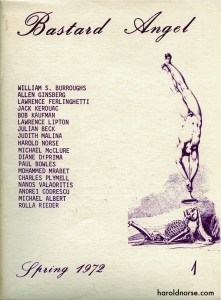
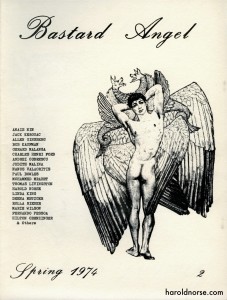

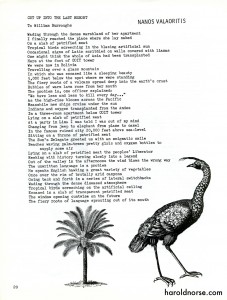
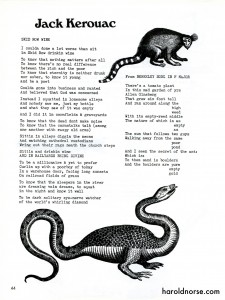

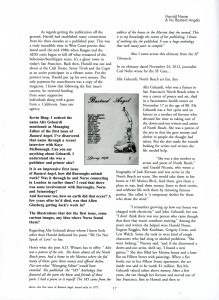


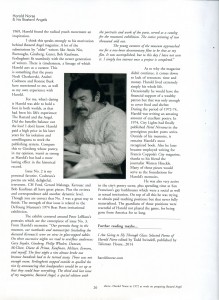



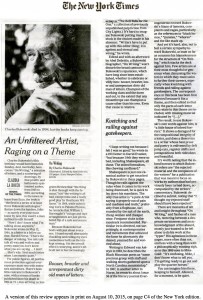
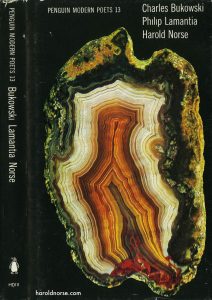

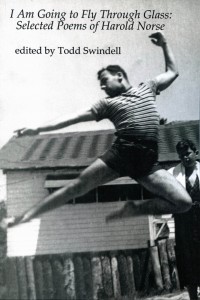 The title of the book is I’m Going to Fly Through Glass, and the cover features a remarkable 1938 photograph of the young poet executing a balletic leap, a tour jeté en l’air. Other photographs are contained in the book as well. Jack opens the show with a piece he published soon after Harold’s death and then plays excerpts from an interview he did with Harold in 1991.
The title of the book is I’m Going to Fly Through Glass, and the cover features a remarkable 1938 photograph of the young poet executing a balletic leap, a tour jeté en l’air. Other photographs are contained in the book as well. Jack opens the show with a piece he published soon after Harold’s death and then plays excerpts from an interview he did with Harold in 1991.